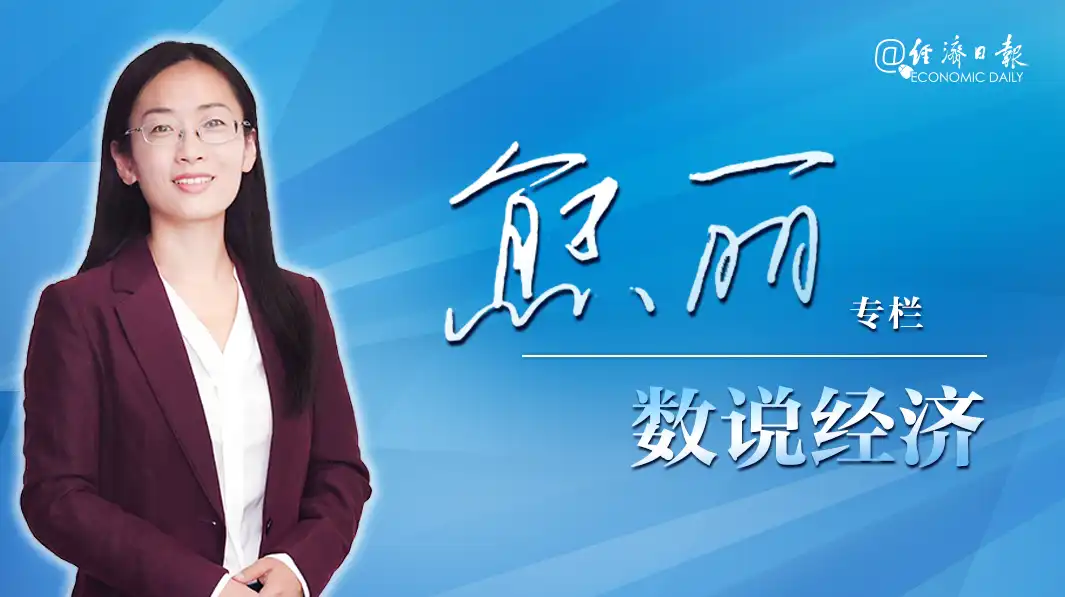Break local protection and market segmentation and build a unified national market
Information from the State Administration for Market Regulation shows that after a six-month centralized clean-up, various regions and departments have sorted out 690448 policies and measures involving the economic activities of business entities, and cleared up 4218 policies and measures that hinder the unified national market and fair competition., effectively correcting the behaviors of a number of business entities that strongly restrict enterprise migration, set up entry barriers, and seek self-circulation. Local protection and market segmentation have been effectively stopped.
If there is a break, there is more standing. 近期,有利于全国统一大市场建设的制度规则不断出台。地方层面,4月1日起,《浙江省公平竞争审查办法》正式施行,这是全国首部公平竞争审查省级政府规章。行业层面,5月1日起,由国家发展改革委等8部门联合印发的《招标投标领域公平竞争审查规则》将正式施行,这是中国首部行业领域公平竞争审查规则。另据了解,国家层面的《公平竞争审查条例》正在制定,也将尽快出台。
China has developed into a very large-scale market with more than 180 million business entities, more than 1.4 billion consumers, and more than 400 million middle-income groups. To continue to enhance the advantages of ultra-large-scale markets, we must accelerate the construction of a unified national market that is efficient, standardized, fair competition, and fully open.

To build a unified national market and eliminate local protection and market segmentation are the top priorities and keys. 经济活动需要各种生产要素的组合在生产、分配、流通、消费各环节有机衔接,如果不拆掉地方保护藩篱,经济活动的循环流转必然会受到制约,更谈不上有效发挥规模效应。保护和促进公平竞争,有利于更好发挥市场机制激励创新和优胜劣汰功能,提高经济运行效率和质量效益;有利于营造稳定公平透明可预期的发展环境,激发各类经营主体活力。
Only by "establishing rules" can we better "break down obstacles". 以招投标领域为例,目前一些招标投标政策措施中仍隐含地方保护或所有制歧视的内容,影响了经营主体的公平参与。针对实践中易发常见的各类不合理限制,《招标投标领域公平竞争审查规则》重点破除资格预审、评标方法、评标标准、定标标准、信用评价、保证金收取等方面的壁垒。比如,不得要求经营主体在本地区设立分支机构、缴纳税收社保或者与本地区经营主体组成联合体,不得要求经营主体取得本地区业绩或者奖项等;不得对不同地区或者所有制形式经营主体的资质、资格、业绩等采用不同信用评价标准,不得根据经营主体的所在地区或者所有制形式采取差异化的信用监管措施;等等。
In recent years, important progress has been made in the construction of a unified national market, but there are still blockages in the domestic circulation, and local protection and market segmentation still occur. The number of blatant explicit barriers has been reduced, while the number of hidden barriers has emerged one after another, and various "local thresholds" and "local policies" have occurred frequently; the problem of explicit barriers is relatively easy to solve, while hidden barriers are more difficult to identify and eradicate. Currently, China is in a critical period of economic recovery and industrial transformation and upgrading. It must adhere to a problem-oriented approach and accelerate the construction of a unified national market with more powerful and effective measures.
Accelerating the construction of a unified national market is a systematic project and one of the key tasks clearly defined in this year's "Government Work Report". Focusing on "establishment", we will formulate standards and guidelines for the construction of a unified national market, strive to promote the unification of systems and rules in property rights protection, market access, fair competition, social credit, etc., introduce administrative regulations on fair competition review, and improve key areas, emerging areas, and Foreign-related regulatory rules. Focusing on "breaking", we will specifically address outstanding issues such as local protection, market segmentation, and improper competition in investment promotion, and strengthen the regulation and management of the bidding market. By simultaneously establishing and breaking, a set of "combination punches" have been launched to deepen reform.
It should also be noted that affected by short-term development and local interests, many problems that hinder the unified national market and fair competition are stubborn and repetitive. Some "introduce them while cleaning up", some reapply old techniques, and some "change their vests" by invisible mutations. We must keep a close eye on the problems found during the cleanup and rectification process, strengthen the implementation of responsibilities, and persist in long-term efforts to ensure tangible results.

